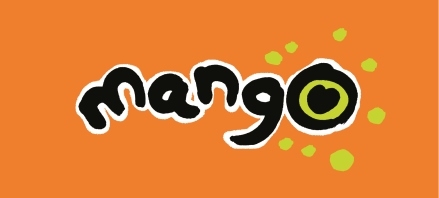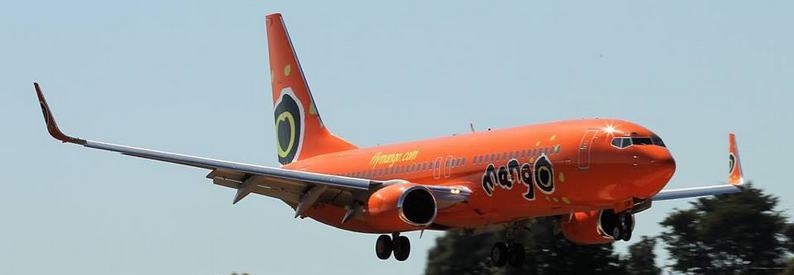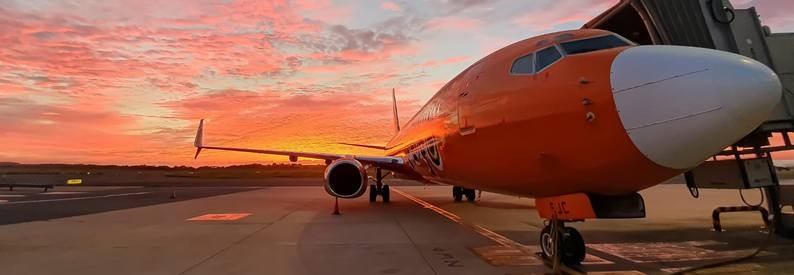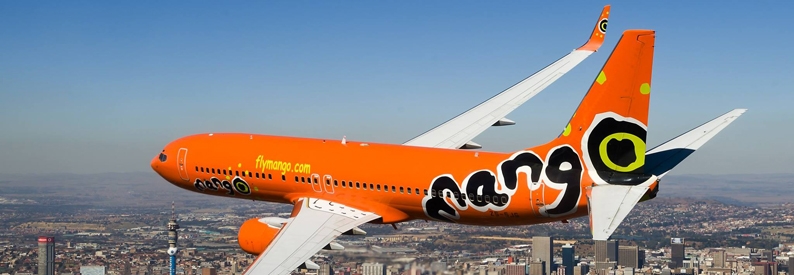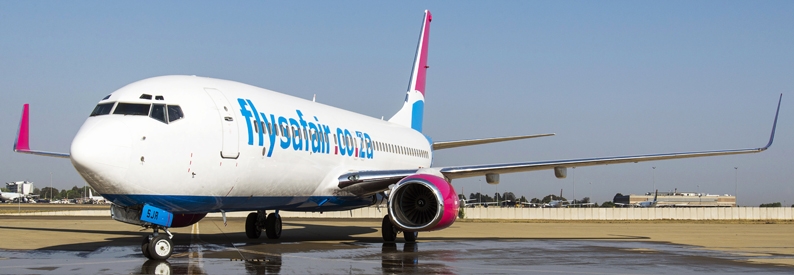The administrator of Mango Airlines (MNO, Johannesburg O.R. Tambo) has proposed that the South African Airways subsidiary be sold off in its entirety to a private investor to secure its long-term viability, but in the meantime must resume operations with state funds by December to safeguard its route rights and take advantage of high season demand, or be mothballed until an investor is found.
In the business rescue plan published on October 29, 2021, administrator Sipho Eric Sono of consultancy SNG Grant Thornton said he was advised on October 6 by SAA, which owns 100% of Mango, that the subsidiary does not feature in its own restructuring plans, and would not receive any more state funds other than those already allocated.
“Having established that Mango will not form part of the SAA Group, the administrator has determined that for Mango to be rescued and for it to remain sustainable into the future, the company requires an investor that would fund ongoing operations beyond its restructuring. This business rescue plan, therefore, proposes that the company be sold to an interested investor.” Should an investor not be secured, the administrator proposes that Mango be wound down.
Meanwhile, the business rescue plan proposes, Mango must resume operations with three B737-800s dry-leased from Macquarie AirFinance as soon as possible, but ideally by December 2021, with two more wet-leased aircraft to be added by March 2022 (on six-month terms), to ensure that it preserves its route rights and licences which may be critical for the investor and also to take advantage of the high season December demand. The leases would be renewable by providing a notice of extension. The administrator said he was facilitating the conclusion of appropriate short term agreements with Macquarie and maintenance provider, fellow SAA subsidiary, SAA Technical. Operations would start on three routes: Johannesburg O.R. Tambo to Cape Town International; Johannesburg to Durban King Shaka; and Cape Town to Durban. Should this not be possible, the administrator has suggested that the company be mothballed until an investor can be found.
Following the conclusion of privatisation, Mango would scale up to a fleet of eight aircraft by December 2022. In 2019, ahead of the grounding of operations, Mango operated a fleet of 14 aircraft owned by three lessors. All except eight B737-800s owned by Macquarie had been returned. “The fleet is all nearing the end of life and some of the aircraft and/or engines require significant repairs and maintenance and will thus not be returned to service. Accordingly, the leases in respect of aircraft for which there is no intention to operate will be cancelled by mutual consent.”
To date, Mango has received only ZAR100 million rand (USD6.5 million) of its state allocation of ZAR819 million (USD54 million) - largely to fund salaries. The money was diverted from a ZAR10.5 billion (USD685 million) state bailout of SAA and was due to cover legacy debt and to provide for the restructuring of the airline. The administrator said he had sent a letter to SAA on October 22 requesting that the remaining funds be made available. SAA in turn had requested the same from its shareholder representative, the Department of Public Enterprises (DPE), on October 26. The administrator said the assumption was that the difference of ZAR719 million (USD46.9 million) would be received immediately upon adoption of the business rescue plan.
The South Africa government would have to approve the sale as it remains the 100% shareholder of parent SAA, although it is currently negotiating to sell off 51% of the flag carrier to the Takatso Consortium, which includes Johannesburg-based Global Aviation Operations (GE, Johannesburg O.R. Tambo). The ACMI/charter specialist owns the Lift Airlines brand which competes with Mango on the lucrative Johannesburg O.R. Tambo-Cape Town route.
Mango has been in voluntary business rescue since July 28, 2021, after it was severely affected by South Africa’s hard COVID-19 lockdown in 2020 and the inability of SAA, at the time in bankruptcy protection as well, to help fund its operations. As things stand, Mango's creditor liability amounts to more than ZAR2.8 billion (USD182.7 million) with forward sales liability and un-flown ticket liability at about ZAR183 million (USD11.9 million), according to the administrator.
Before the pandemic, Mango’s operating profit for the year ending 2019 was ZAR977.5 million (USD63.8 million). However, since the onset of the pandemic, its operating profit declined for the year ending 2020 to ZAR462.8 million (USD30.2 million) and dropped further for the year ending 2021 to an operating loss of ZAR157.1 million (USD10.2 million).
The administrator and his team would manage the process to search for a suitable investor, which would commence shortly after the adoption of the business rescue plan by creditors.
Sono said he was “of the considered view that the Mango brand, available route rights (domestic and regional), distribution channels, and operating license all justify a valuation for an investor to subscribe/acquire the shares for a consideration that may increase the dividend payable to concurrent creditors.”
A two-phased accelerated sales process would see interested parties submitting their offers within a 30-day first phase, resulting in a shortlist of preferred bidders. Factors to be considered would include the purchase price, timing, proof of funding, operational ability to implement, stakeholder approval, support from management, impact on staff, and black economic empowerment. Phase two would see due diligence proceedings and the submission of binding offers by the preferred bidders. The administrator would consult with SAA and Mango management on the bids but would have the authority to make the final decision on the acceptable binding offer.
The plan proposes that Mango issue ticket holders with vouchers valid for 12 months from April 2, 2022, to March 31, 2023. Customers who did not want a voucher would be treated as concurrent creditors in terms of a tiered pay-out.
Pre-commencement concurrent creditors would receive a dividend estimated at about 5 cents in the rand (USD0.003), which would be paid at the conclusion of the investor process. Pre-commencement creditors are owed ZAR2.85 billion (USD185.8 million). Post commencement claims due amount to ZAR7.6 million (USD495,000), while ZAR13.1 million (USD854,000) is owed for the balance of October 2020 salaries. Creditors would be paid primarily from the ZAR819 million from SAA. If an investor was secured, the proceeds from the investor process would be used to improve the dividend paid to creditors.
The plan foresees cutting the workforce by 58% from 708 to 412 employees. Invitations for voluntary severance packages have been sent to employees. Should the take-up be low, some staff would need to be retrenched. Arrear salaries for continuing employees would be settled over four months from December 2021 to March 2022. A variable remuneration structure might be introduced to reduce retrenchments. Meanwhile, employees had been paid their full salaries for July, August, and September 2021 and 50% had been paid for October 2021, the balance to be paid with the November wages.
Should an investor not be secured, and the business rescue plan not be adopted, the administrator proposes that Mango be wound down. This would involve a structured sale of the company’s assets in terms of a tiered order of claims. However, the only material asset on the balance sheet is a spare engine that was acquired from SAA with a current book value of ZAR97 million (USD6.3 million). All 708 employees would be retrenched and all other contracts would be terminated.
